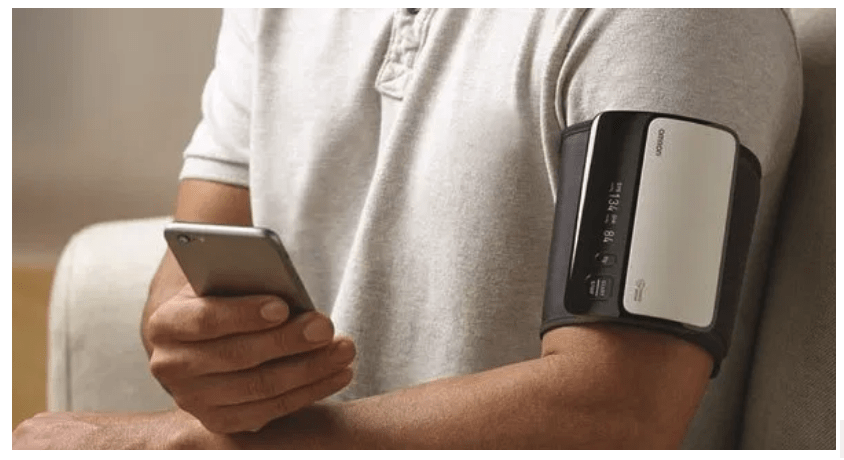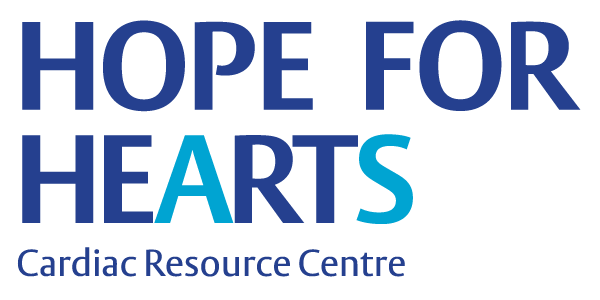Treatment of Hypertension
The treatment regime for Hypertension may vary depending on the classification of hypertension and therefore results in an individual treatment plan. It may be developed under two main treatment categories, lifestyle factors and medical treatment.
Lifestyle Factors:
Commonly refers to reducing the factors that may contribute to hypertension such as:
- Cessation of smoking,
- Salt reduced diet,
- Weight reduction (if relevant),
- Increase exercise or activity levels,
- Alcohol intake reduction,
- Having a well-balanced diet with low saturated fats and high fruit and vegetable intake,
- Reduce caffeine intake,
- Managing stressful situations, and
- Heart failure.
Medical Treatment:
In many patients, medication may be required to control their hypertension. This form of treatment may also be added to changes to lifestyle factors that are outlined above but can also include classes of medications outlined below (but are not limited to):
- Angiotensin-converting Enzymes (ACE inhibitors),
- Angiotensin 2 Receptor Blockers (ARB’s),
- Calcium channel blockers,
- Diuretics, and
- Beta-blockers.
These medications aim to reduce the risk of ongoing hypertension through a variety of interactions aimed at blood pressure control.1
Self Monitoring of Blood Pressure
Another successful treatment regime is self-monitoring of a patients blood pressure at home. This allows the patient and their primary GP to review the effectiveness of the prescribed medication in conjunction with alternative lifestyle changes.
These monitoring devices can often be linked to smartphone device apps that allow sharing of this information with GPs and can also be linked to some cardiac devices that have remote monitoring capability to observe for early signs of heart failure.
The combination of a patients weight and blood pressure may also allow Cardiologists to be alerted to any changes in parameters that may indicate a deterioration in the patients’ cardiovascular condition. The telehealth medical review may also assist in the ongoing management of hypertension between patients and their physicians.2
Example of a Self Monitoring Device

Renal Nerve Denervation (RDN)
Renal Nerve Denervation (RND) is a novel approach to the treatment of hypertension. In this new minimally invasive procedure, a small radiofrequency ablation catheter is introduced into the body, and the nerves that supply the kidneys, are ablated (or destroyed). This then reduces the “stimulation” of the central nervous system and lowers the production of renin (used to maintain blood pressure). This treatment is usually retained for those patients with “resistant” hypertension who may take multiple medications and are still left with very high blood pressure.
